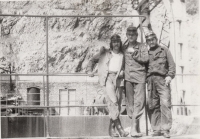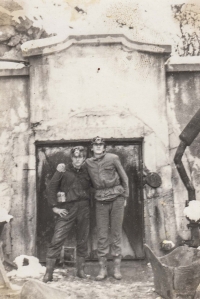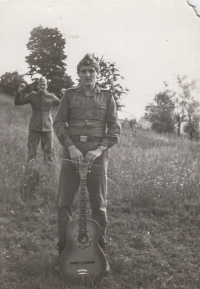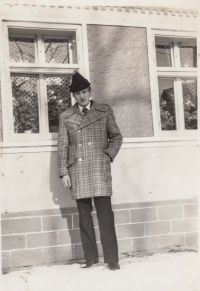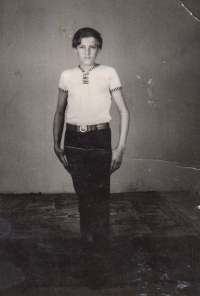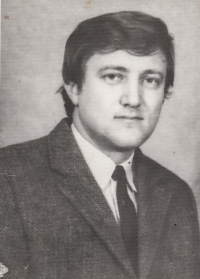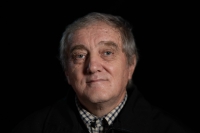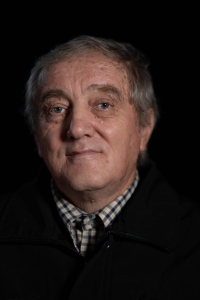Be like the Czechs, like the Pemi!

Download image
Adolf Kopřiva was born on 8 February 1957 in the Czech village of Svatá Helena (Sfânta Elena) in Romania. He grew up here in the 60s together with his parents and siblings, watching the transformation of the lives of the local inhabitants, as ore mines were opened near Moldova Nouă. He attended the local protestant church with his father, where eventually the Unity of the Brethren Baptists took charge. From the age of fourteen this witness was active in the Baptist orchestra and later became a pastor of the congregation. He was initially trained as an electrician and worked in the profession for over fifteen years down in the mines. Shortly before his military service he was invited to join the Communist Party, which he refused for religious reasons. From the age of twenty he was a Baptist preacher, but was only officially appointed in March of 1990. In the years 1993–1998 he studied at and graduated from the Faculty of Theology in Bucharest. For over 40 years he has lived with his wife in the Romanian village of Șușca and is currently serving in four Unity of the Brethren Baptists congregations.
